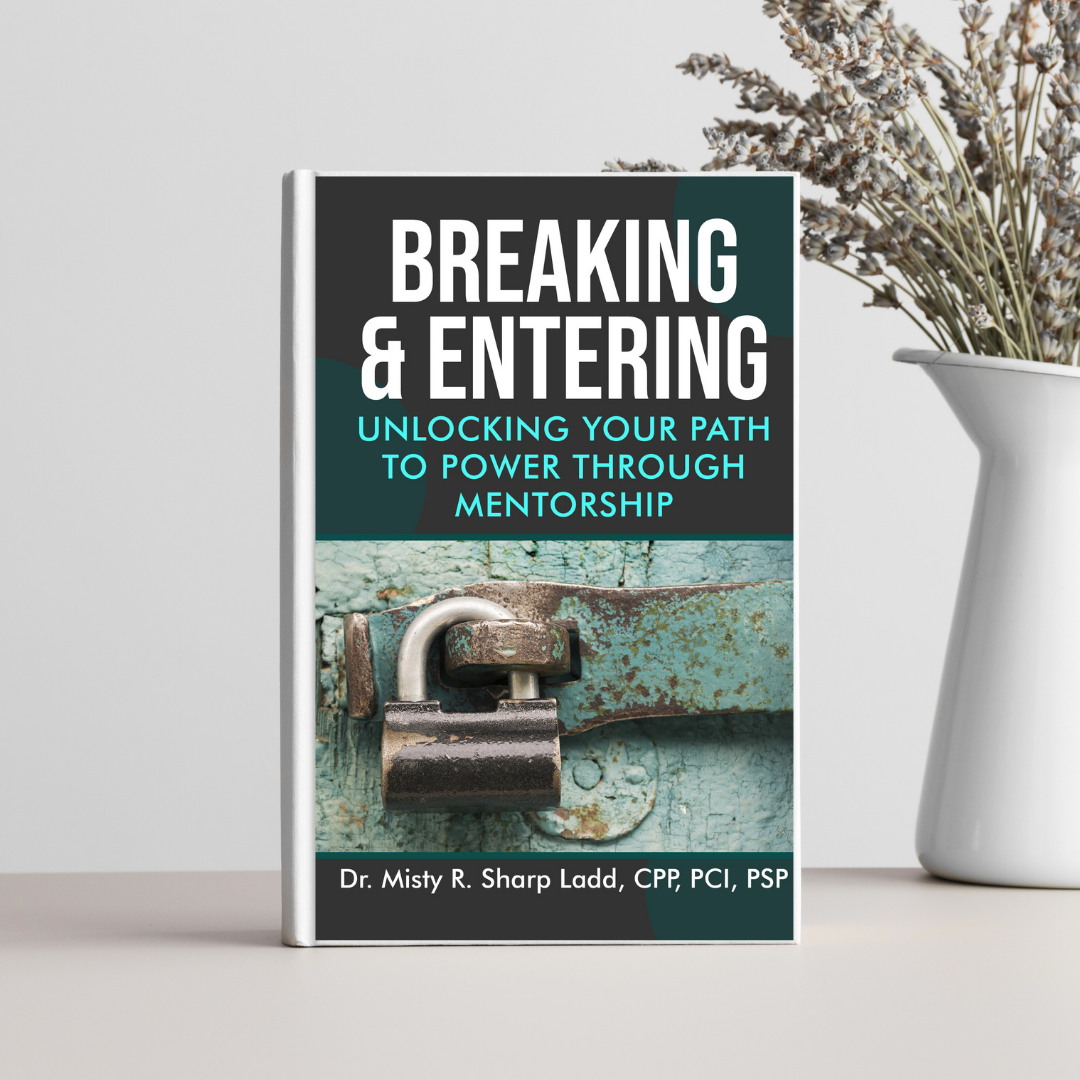Gus & Jesse are in a movie theater to watch the latest Ninja Turtle blockbuster. They are trying to decide which popcorn size to buy. They can choose between a Small for $5 and a Large for $7. It's a tough decision. However, the theater introduces a third option, the Medium, priced at $6. Now, their choice doesn't seem so hard anymore. Jesse says, "The Large is only $1 more than the Medium, so I'll go for the Large." This movie theater is super nice, offering choices for customers for a variety of popcorn consumers’ needs – Fact or Fallacy? Perhaps the answer lies somewhere between those options.
The above story, my friends, is what’s known as the Decoy Effect in action. The introduction of a third, less attractive option (the "decoy") influences your decision in favor of one of the other options. In this case, it pushes you toward choosing the Large, which is what the theater really wanted you to do in the first place. Critics argue that the Decoy Effect is nothing more than clever marketing, a psychological trick used to nudge consumers toward making a particular choice. They claim that it doesn't reveal anything profound about human decision-making but is simply a manipulation tactic employed by businesses to increase profits. This seems a bit cynical, maybe some theaters just want people to have choices?
On the other hand, psychologists and behavioral economists have conducted experiments that demonstrate the Decoy Effect in controlled settings. These experiments suggest that this cognitive bias is real and that people are, indeed, influenced by the presence of a less attractive option when making choices. The Decoy Effect is not just a theoretical concept; it has practical implications in our everyday lives:
1. Informed Decision-Making: Being aware of the Decoy Effect can help you make more informed choices. When faced with options, take a moment to analyze whether the addition of a seemingly inferior choice might be swaying your decision.
2. Consumer Empowerment: Understanding how businesses use psychological tactics can empower you as a consumer. You can become more mindful of how marketing strategies might influence your choices and make decisions that truly align with your preferences.
The Decoy Effect, though often debated, serves as a reminder that our decisions are sometimes influenced by factors we might not even consciously notice. It underscores the importance of critical thinking and awareness in a world where choices are abundant and marketing strategies are all around us. Have a great weekend and enjoy your “free refills” at the theater!
Join us next Friday for another captivating exploration of "Free Friday Fact or Fallacy." Until then, stay curious, keep questioning, and remember that every choice you make is a story of your own.

